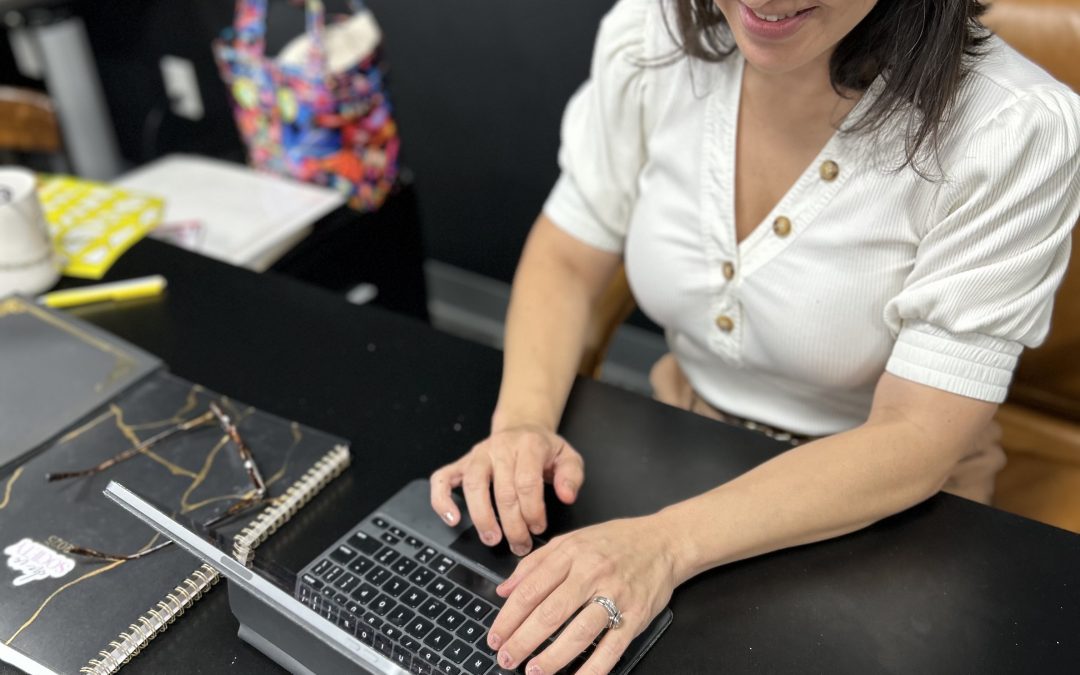
Hispanic Heritage Month: Mental Health and Depression Awareness
WRITTEN BY: JENNIFER PATRICK, LMSW
Welcome to our October edition of the How Do I Know? blog series! Last time, we explored how to recognize the signs of anxiety. This month, we’re turning our focus to a topic that affects many but isn’t always easy to talk about: depression. As we celebrate Hispanic Heritage Month, there’s no better time to raise awareness about how depression impacts our Hispanic/Latinx community. This is an opportunity to not only honor the strength and beauty of Hispanic Heritage but also to prioritize Hispanic Heritage and mental health within our community.
Mental Health in Our Comunidad
Hispanic Heritage Month is a moment to celebrate our rich traditions and contributions. But as we reflect on our culture, it’s essential to also open up conversations about mental health—especially depression, which often goes undiscussed in our community.
There’s a common belief that we need to “tough it out” when it comes to emotional struggles, or that asking for help is a sign of weakness. The truth is, depression is real, and it’s crucial to recognize it for what it is. Recognizing depression signs and symptoms isn’t just about feeling down for a day or two; it’s a serious condition that can affect your mood, relationships, and even your physical well-being. The reality is that you’re not alone. In fact, research shows that Hispanic adults are more likely to experience depression, yet many don’t seek help due to cultural stigma or the idea that we should “handle it ourselves.”
At La Luz Counseling, we know breaking this stigma is difficult. But taking care of your mental health? That’s strength. Our compassionate team is here to support you in recognizing the signs of depression—whether that’s losing interest in activities you once loved, feeling an overwhelming sense of hopelessness, or finding it hard to get out of bed in the morning.
Hispanic Mental Health and Depression
So, how can you tell if you’re experiencing depression and not just going through a rough patch? Recognizing depression signs and symptoms can manifest differently in each person, but some common signs include feeling constantly tired, losing interest in things that used to bring joy, struggling to focus, and withdrawing from loved ones. You may also notice changes in your sleep—either having trouble sleeping or sleeping too much. Depression can also appear as irritability, guilt, or feelings of worthlessness. If these feelings last for more than two weeks, it’s time to consider reaching out for help.
At La Luz Counseling, our team is here to walk with you through this journey. You don’t have to wait until things feel unbearable to seek support. If something feels off emotionally or mentally, it’s okay to ask for help sooner rather than later. Reaching out is a powerful step toward healing and reclaiming your sense of self. For Hispanic counseling and therapy services, we’re here to provide culturally sensitive care that respects and understands your unique experiences.
Latino Cultural Expectations and the Weight We Carry
In our Hispanic/Latino culture, family is at the heart of everything, and resilience is a source of pride. But sometimes, the weight of cultural expectations—whether it’s family obligations, traditional gender roles, or the pressure to appear strong—can take a toll on our mental health.
Many of us are trying to navigate life between two cultures—the one we grew up in and the one we encounter daily at work, school, or in broader society. This balancing act can be stressful, often leading to feelings of isolation or depression. But you don’t have to carry that burden alone. It’s okay to pause and recognize that you don’t always have to be the one holding everything together. At La Luz Counseling, we’re here to offer the support you deserve through Hispanic (and/or Spanish speaking) counseling and therapy services tailored to our community’s unique needs.
Breaking the Silence Around Depression
It’s time to break the silence! Depression doesn’t have to be a secret. The more we talk about it, the more we reduce the stigma. By raising awareness, we create a space where everyone feels safe seeking the help they need.
At La Luz Counseling, our English and Spanish speaking counselors are culturally sensitive and understand the unique challenges the Hispanic/Latino community faces. Whether you’re dealing with depression, anxiety, or any other mental health issue, we’re here for you with open arms. Together, we’ll help you find ways to feel more like yourself again. With the guidance of Hispanic (and/or Spanish speaking) counseling and therapy services that bridge the gap between our heritage and mental wellness.
Combining Faith and Therapy
For many of us, faith is a big part of our lives. It’s a source of strength and guidance through tough times. While faith can be a wonderful support system, it’s important to recognize that sometimes we need more, like therapy to manage depression. The great news is that therapy and faith can go hand-in-hand!
At La Luz Counseling, we encourage you to draw on your faith while also embracing the tools that therapy offers to support your mental wellness. It’s all about finding the balance that works for you. And you don’t have to figure this out alone!
No matter how low you may feel, God is near, and healing is possible.
Celebrating Hispanic Heritage and Mental Health
This Hispanic Heritage Month, let’s celebrate not only the beauty of our culture but also the importance of mental health. At La Luz Counseling, we’re here to walk alongside you on your mental health journey, with counselors who get where you’re coming from and want to see you thrive.
You can be proud of your heritage and take care of your mental wellness. Let’s embrace both! If you think you might be struggling with depression or if you’re not sure what you’re feeling, it’s okay to reach out. We’re here to help you answer the question, “How do I know if I’m depressed?” and guide you toward healing and growth.




Recent Comments